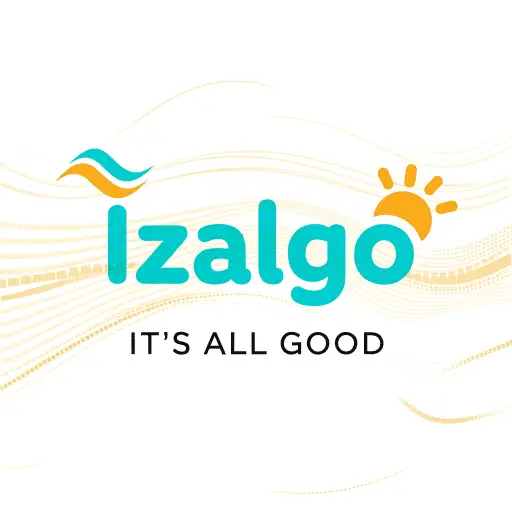Key Takeaways
- Lao Tzu’s teachings offer timeless wisdom for navigating the complexities of modern life, with a focus on self-awareness and empathy.
- His philosophy integrates mind, body, and spirit, promoting holistic well-being and balance with the natural flow of the universe.
- Key concepts include ‘Wu Wei’ (effortless action) and the interplay of Yin and Yang in human connection.
- Practices like mindfulness meditation, journaling, and active listening cultivate self-awareness and empathy.
- Embark on a journey of self-discovery to uncover your authentic nature, applying Lao Tzu’s teachings in your daily life.
Estimated reading time:15 minutes
Table of contents
- 🔑7 Timeless Insights from Lao Tzu: Unlocking Inner Wisdom and Mastering the Art of Human Connection
- 🌱Understanding Lao Tzu’s Wisdom
- 🧘The Holistic Perspective: Integrating Mind, Body, and Spirit
- 🌌The Metaphysical Dimension: Exploring the Tao and the Self
- 🪞Cultivating Self-Awareness
- 🫂Developing Empathy and Compassion
- ☯️The Interplay of Self and Other
- 🧭Embracing the Journey of Self-Discovery
- 🪴Conclusion: From Ancient Text to Daily Practice
- 🚀Your 7-Day Challenge: Begin the Journey to Enlightenment
- 📚Recommended Reads & Resources
🔑7 Timeless Insights from Lao Tzu: Unlocking Inner Wisdom and Mastering the Art of Human Connection
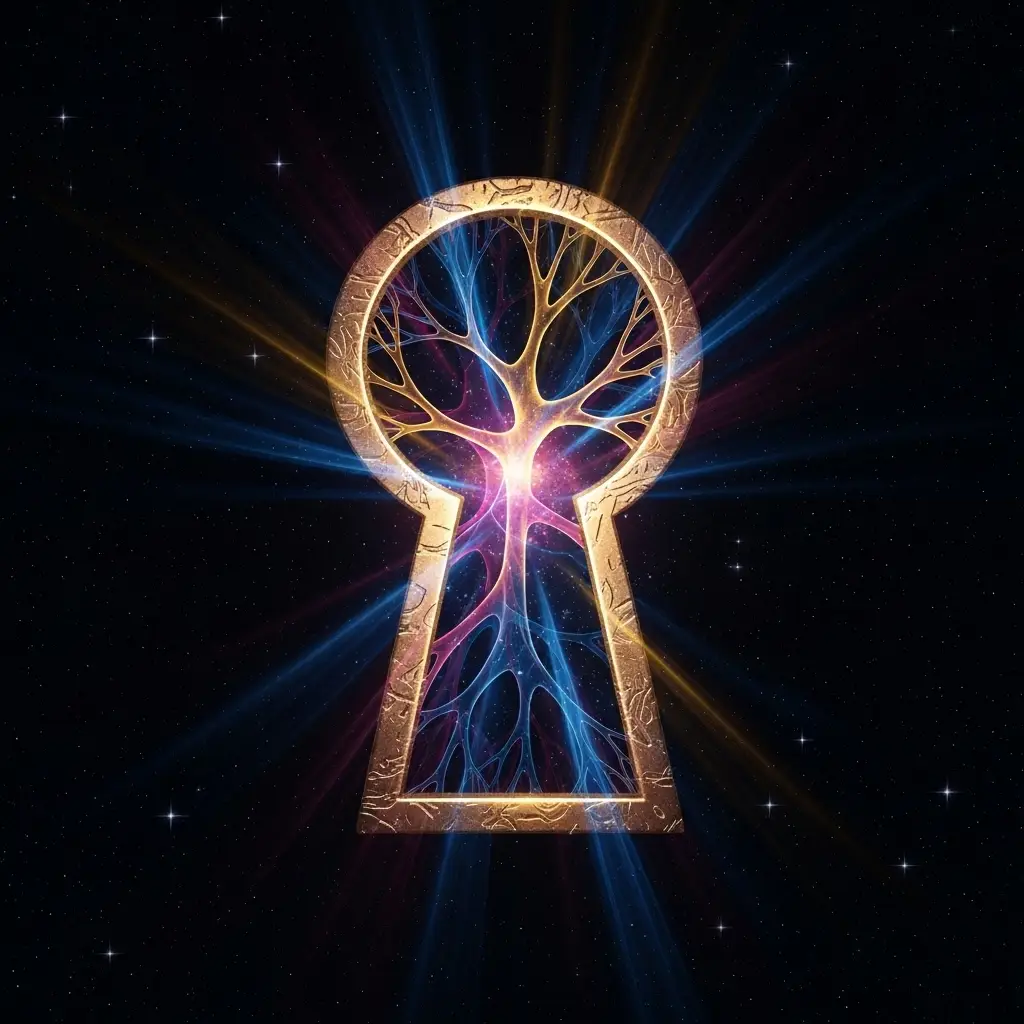
Have you ever wondered how ancient wisdom could still hold the keys to navigating our complex modern world? Imagine tapping into a source of profound understanding that not only illuminates your inner self but also enhances your relationships with others. This is the essence of Lao Tzu’s timeless teachings, encapsulated in his famous quote: “He who knows others is wise; he who knows himself is enlightened.”
In a world buzzing with notifications, endless to-do lists, and the pressure to perform constantly, Lao Tzu’s wisdom isn’t just poetic—it’s a practical antidote to burnout and disconnection. In this blog post, we’ll delve into the holistic and metaphysical dimensions of his wisdom, exploring how it can empower you to cultivate self-awareness, empathy, and a deeper connection to the world around you.
🌱Understanding Lao Tzu’s Wisdom

Lao Tzu, a revered Chinese philosopher and the attributed author of the Tao Te Ching, offers profound insights into the nature of existence and the human experience. His teachings emphasize the importance of harmony, balance, and alignment with the natural flow of the universe, known as the Tao.
🧘The Holistic Perspective: Integrating Mind, Body, and Spirit
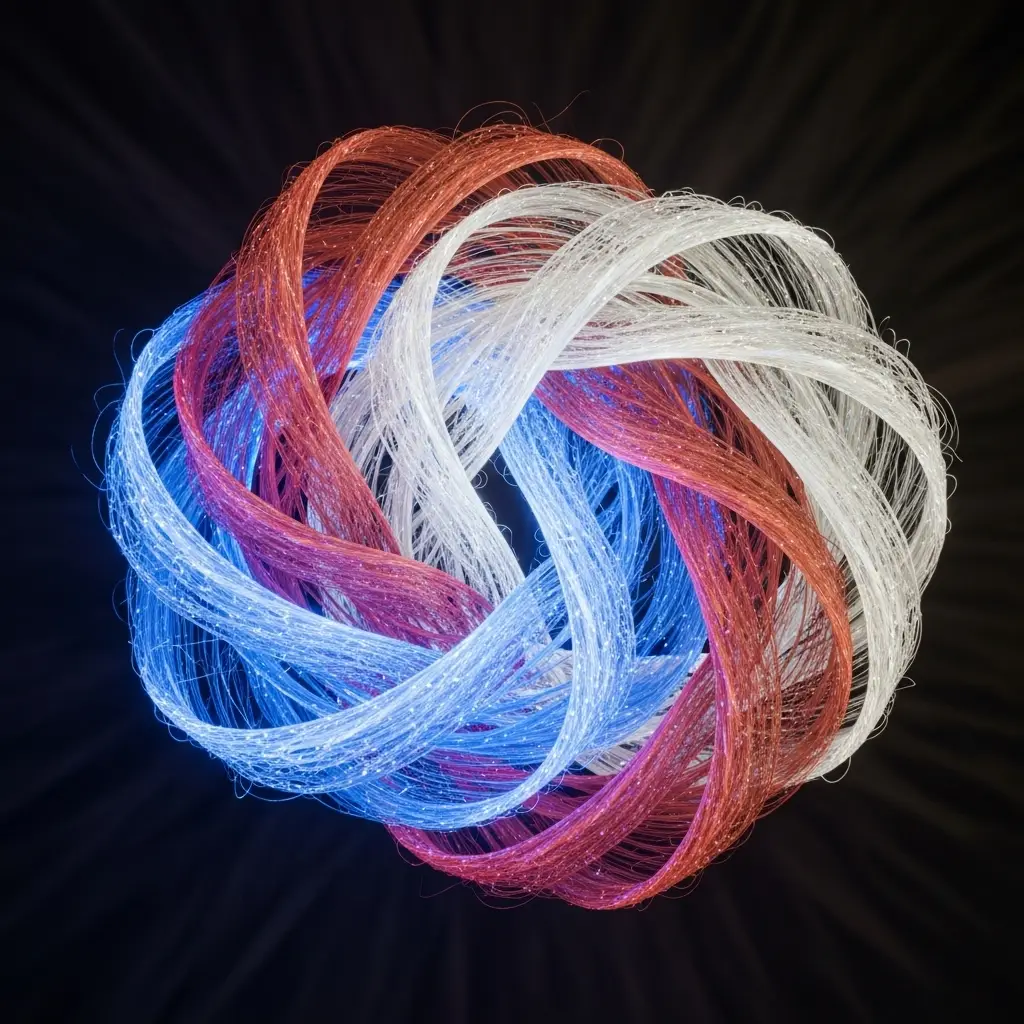
Lao Tzu’s philosophy isn’t an intellectual exercise; it’s a way of being that recognizes no separation between our thoughts, our physical health, and our spiritual essence. To the Taoist sage, these are not three separate parts but three facets of a single, living whole.
- The Mind as a Still Lake: Ever feel like your mind is a turbulent, muddy pond? The Tao Te Ching often uses water as a metaphor. When our minds are agitated by worry and judgment, we can’t see clearly. Holistic well-being begins with allowing the mud to settle. This isn’t about forcing the mind to be empty, but about letting it reflect reality as it is, without distortion. It’s the difference between feeling the constant, choppy static of anxiety and the deep, clear resonance of intuition. Self-awareness, therefore, is the art of cultivating this inner stillness.
- The Body as a Sacred Landscape: In Taoist thought, the body isn’t just a vehicle for the mind but a miniature version of the universe itself, where natural energies flow. Imbalances in our emotions manifest physically, while physical tension clouds the mind. Think of the knot in your shoulders during a stressful week—your body is speaking. Knowing oneself, from this perspective, means learning to become fluent in its language—listening to its tensions, its vitality, and its needs.
- The Spirit as Your True Nature: Our spirit is our deepest essence, the part of us already connected to the Tao. Lao Tzu called this the “uncarved block”—our original, authentic self before the ego and society began shaping it. Remember the un-self-conscious way you played as a child, completely absorbed in the moment? That’s a glimpse of the ‘uncarved block.’ Enlightenment isn’t about becoming someone new, but about returning to this innate, simple state of being. The spiritual journey, then, is a homecoming of un-learning who we think we are to reveal who we truly are.
🌌The Metaphysical Dimension: Exploring the Tao and the Self

Lao Tzu’s teachings invite us to look beneath the surface of reality to the unseen forces that shape our existence.
- Understanding the Tao (The River of Existence): The Tao is often translated as ‘The Way.’ Imagine it as a great river. You can’t grasp it or command it. Think of the Tao as the silent, underlying logic of the universe—the force that makes seeds sprout and seasons change. We experience friction when our personal plans go against this larger, natural logic. Fighting the current leads to exhaustion and suffering; learning its rhythms and flowing with it leads to effortless progress. Knowing yourself is discovering your own unique way of moving with this universal river.
- Wu Wei (Effortless Action): This is a game-changing concept for modern life. Wu Wei doesn’t mean laziness; it means acting in perfect harmony with the natural flow, without struggle or resistance. It’s the grace of a skilled dancer who allows a move to emerge rather than forcing it. You’ve felt Wu Wei before—it’s the ‘flow state’ an artist feels when creating or the effortless rhythm of a familiar drive. It’s not about doing nothing; it’s about getting your ego out of the way so that proper action can flow through you. It’s the art of achieving more by doing less, of letting go of control to find true power.
- Yin and Yang (The Dance of Opposites): The iconic symbol represents a core truth: the universe is a dynamic balance of opposites. “Knowing others” (Yang) is the outward, active part of wisdom. “Knowing oneself” (Yin) is the inward, receptive part. Our modern culture often overvalues Yang—hustle, ambition, constant action—which leads to burnout. Enlightenment isn’t about choosing one over the other, but in embracing their constant, beautiful dance and knowing when to act and when to receive.
🪞Cultivating Self-Awareness

Self-awareness is a cornerstone of Lao Tzu’s philosophy. By turning our attention inward, we gain a deeper understanding of ourselves and our place in the world.
- Mindfulness Meditation: Regular mindfulness practice can help us develop self-awareness by cultivating a non-judgmental awareness of our inner experiences. This is a direct application of Wu Wei—you aren’t forcing your mind to be quiet; you are simply creating the conditions for it to settle on its own, like mud in a still pond. Each time you gently return to your breath, you are choosing not to stir the waters, allowing clarity to emerge on its own.
- Journaling and Self-Reflection: Writing can be a powerful tool for self-discovery. Journaling allows us to track our thoughts and emotions, and in doing so, it’s like learning to read the currents of your own personal ‘Tao’ to see where you’re flowing freely and where you might be struggling against yourself. Think of your journal as a tool for mapping your inner landscape: charting the rivers of your emotions, the mountains of your beliefs, and the hidden valleys where your true self resides.
🫂Developing Empathy and Compassion
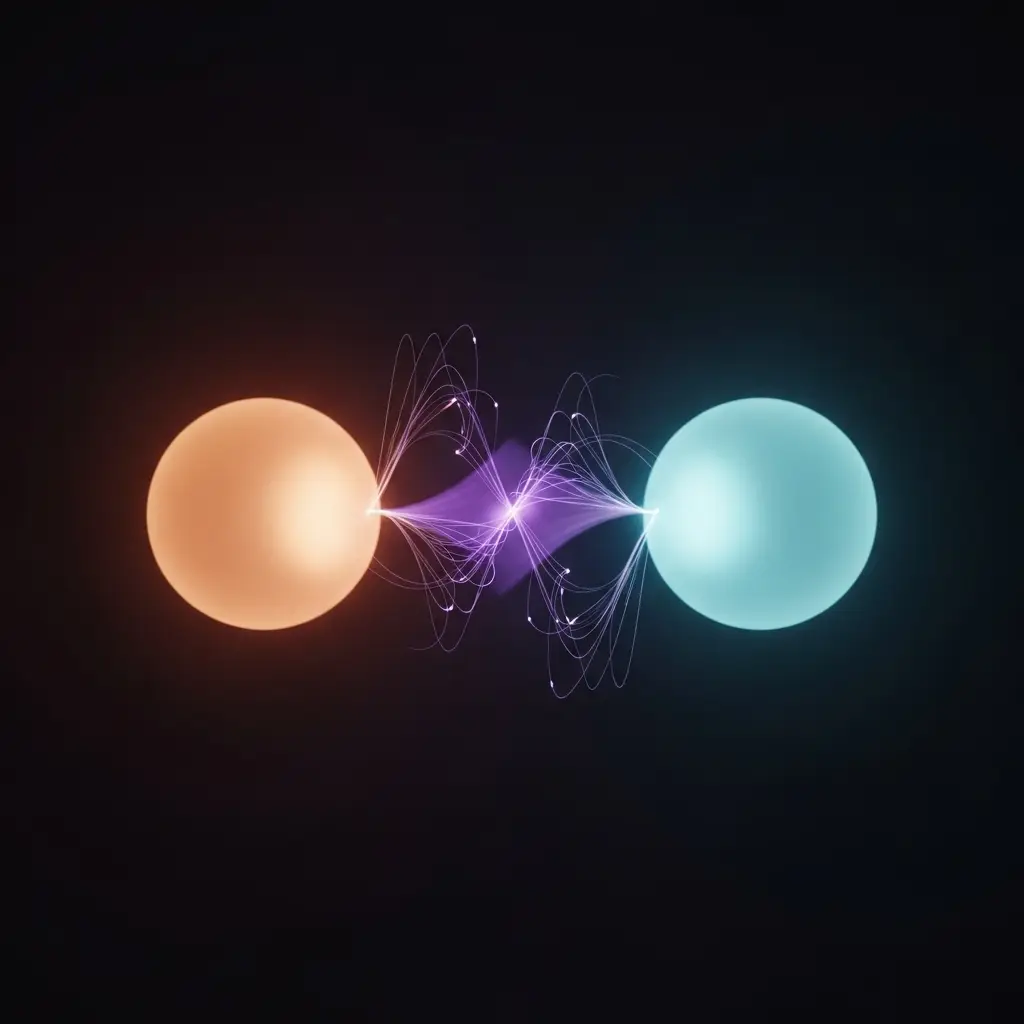
Empathy, the ability to understand and share the feelings of others, is another key aspect of Lao Tzu’s teachings. By cultivating empathy, we strengthen our connections with others and contribute to a more compassionate and harmonious world.
☯️The Interplay of Self and Other

Lao Tzu’s wisdom reveals the beautiful dance of Yin and Yang in human connection. The journey inward to know yourself (Yin) fills your well, giving you the capacity for genuine empathy and understanding toward others. Conversely, truly seeing and listening to another person (Yang) reflects your own humanity to you, illuminating parts of yourself you couldn’t see alone. They are not two separate paths, but one integrated circle of enlightenment.
🧭Embracing the Journey of Self-Discovery
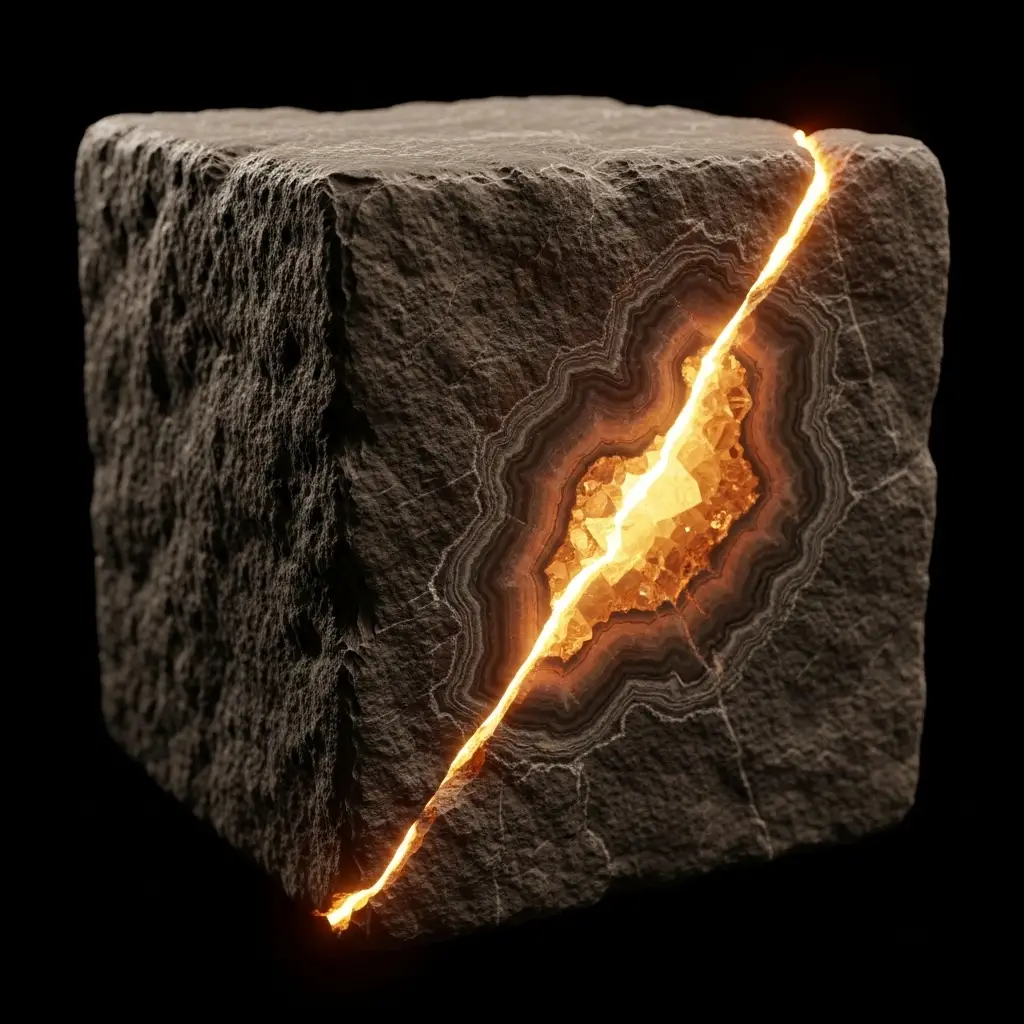
The path to self-discovery is a lifelong journey. But it’s not about adding more to yourself—more knowledge, more achievements, more identity. It is a journey of subtraction, of chipping away the non-essential to return to the “uncarved block”—your simple, authentic, and powerful original nature. By embracing this path with openness and curiosity, we can continue to grow, learn, and evolve.
🪴Conclusion: From Ancient Text to Daily Practice
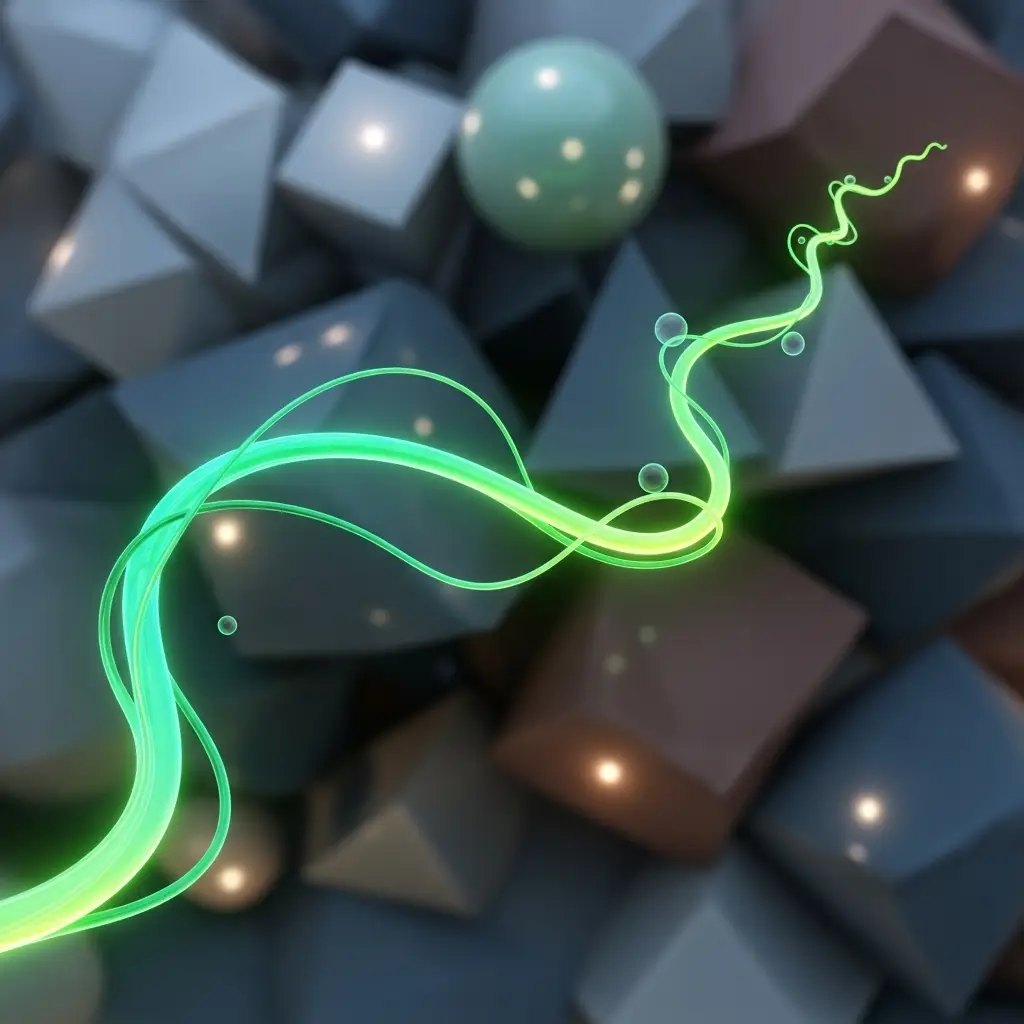
Lao Tzu’s wisdom is not meant to be a passive philosophy admired from afar; it is a living, breathing guide to a more authentic and connected life. The journey he maps out—from the wisdom of knowing others to the enlightenment of knowing oneself—is a dynamic dance between our inner world and our outer relationships. By understanding that self-awareness fuels empathy and that compassion deepens our self-knowledge, we unlock the transformative power of this ancient teaching. The path to harmony isn’t found in a distant monastery but in the small, conscious choices we make every day. The real magic happens when we move from reading about these ideas to actively integrating them into our lives.
🚀Your 7-Day Challenge: Begin the Journey to Enlightenment

Actual change begins with a single, intentional step. Don’t just be inspired by these ideas—act on them. We challenge you to commit to the following three practices for the next seven days to kickstart your journey toward inner wisdom and stronger connections. The Tao isn’t found in a book; it’s experienced in your breath, in your quiet moments, and in your connections with others. Let’s translate this wisdom from the page into your life.
Grab a notebook or use a notes app to track your progress and hold yourself accountable.
1. The 5-Minute Stillness Practice (Cultivating Self-Awareness)
- Your Task: Every morning this week, before checking your phone or email, sit in a quiet space for just five minutes. Close your eyes and focus on the sensation of your breath. When your mind wanders (and it will), simply and gently guide your attention back to your breath without judgment.
- The Goal: This isn’t about clearing your mind; it’s about becoming aware of where your mind goes. This is the foundational practice of knowing yourself.
- Taoist Insight: By creating stillness, you are practicing Wu Wei with your mind, allowing your true, explicit nature to reflect reality without the distortion of ego and anxiety.
2. The Daily Reflection Question (Deepening Self-Knowledge)
- Your Task: Each evening, spend ten minutes journaling in response to a single question. Rotate through these prompts:
- What one emotion did I feel most strongly today, and what triggered it?
- When did I act in alignment with my values today? When did I not?
- What is one assumption I made about someone else today?
- The Goal: To move beyond surface-level thoughts and begin understanding the deeper motivations and patterns that drive your behavior.
- Taoist Insight: This practice helps you trace the flow of your personal Tao. You begin to see the patterns of energy in your life—what nourishes you, what drains you, and where you are resisting your own current.
3. The Active Listening Mission (Mastering Human Connection)
- Your Task: In at least one conversation each day, your mission is to listen with the sole purpose of understanding, not replying. Do not formulate your response while the other person is speaking. When they finish, ask one clarifying question (e.g., “What did you mean by that?” or “How did that make you feel?”) to show you were truly engaged.
- The Goal: To practice empathy tangibly, strengthening your connection with others while gaining new perspectives that can, in turn, illuminate your own worldview.
- Taoist Insight: In conversation, speaking is Yang (active) and listening is Yin (receptive). By consciously choosing deep, receptive listening, you are practicing the dance of Yin and Yang, creating a space for genuine connection and understanding to arise.
The path to enlightenment isn’t a destination; it’s the practice itself. Start this 7-day challenge today and share one insight you gained in the comments below. Let’s embark on this journey together.
“Our actions and decisions today will shape how we will live. And so it is.”
If my words made you pause, smile, or think, Buy Me a Coffee. It helps fuel my thinking and keeps my dream alive, one word at a time. 🍵
📚Recommended Reads & Resources
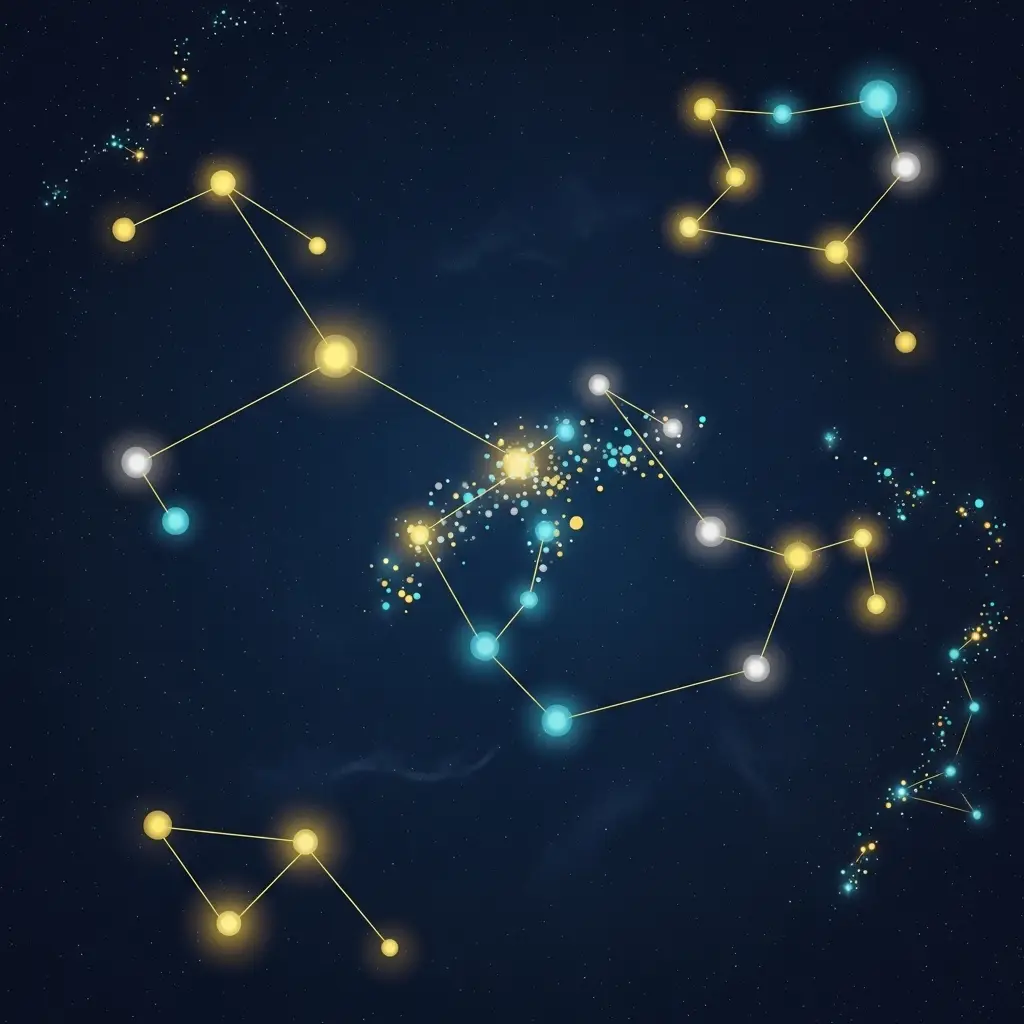
Suggested Books
Foundational Texts & Translations
The Tao Te Ching has been translated countless times. Different versions offer unique flavors, from the poetic to the scholarly.
- For the Poetic Seeker:Tao Te Ching: A New English Version by Stephen Mitchell
This is one of the most popular and accessible English versions. Mitchell focuses on the text’s spirit and poetic flow, making it a beautiful entry point for newcomers. - For the Thoughtful Explorer:Tao Te Ching by Ursula K. Le Guin
The beloved author brings a novelist’s grace and a profound personal wisdom to her translation. It reads less like an academic text and more like a conversation with a wise friend. - For the Dedicated Student:Tao Te Ching: Annotated & Explained by Derek Lin
Suppose you want to understand the text more deeply, on a literal level. In that case, this version provides a direct translation alongside insightful commentary that explains the cultural and linguistic nuances of each verse.
Modern Interpretations & Related Wisdom
These books take the core principles of Taoism and apply them to the challenges and questions of modern life.
- The Tao of Pooh by Benjamin Hoff
A timeless classic that brilliantly uses the characters of Winnie-the-Pooh to explain the core concepts of Taoism—like the “uncarved block” (Pooh) and effortless action (Wu Wei)—in a simple, charming, and profound way. - Change Your Thoughts—Change Your Life: Living the Wisdom of the Tao by Dr. Wayne W. Dyer
Dyer spent a year reading and meditating on various translations of the Tao Te Ching. In this book, he shares his personal insights on how to apply each of the 81 verses to your daily life. It is convenient and motivational. - Tao: The Watercourse Way by Alan Watts
A master at translating Eastern philosophy for Western minds, Watts explores the core concepts of Taoism with intellectual depth and captivating clarity. This is a fantastic read for anyone who enjoyed the article’s metaphysical aspects. - Wherever You Go, There You Are by Jon Kabat-Zinn
While not strictly a Taoist text, this is the definitive guide to mindfulness practice in the modern world. It provides the practical “how-to” for cultivating the stillness and self-awareness that Lao Tzu encourages.
Online Resources: Websites, Podcasts, & Apps
- Websites & Blogs:
- The Marginalian (formerly Brain Pickings): An incredible resource for thoughtful essays on philosophy, spirituality, and the art of living a meaningful life, often touching on themes found in Taoism.
- Tiny Buddha: A community-driven blog that offers “simple wisdom for complex lives.” It’s full of personal stories and practical tips on mindfulness, connection, and letting go.
- Taoism.net: A straightforward and informative site for learning more about the history, figures, and core concepts of Taoism.
- Podcasts:
- On Being with Krista Tippett: Deep, reflective conversations with thinkers, spiritual leaders, scientists, and artists that explore the great questions of human existence.
- The Alan Watts Podcast: Features a vast collection of Alan Watts’s lectures, where he eloquently unpacks Taoism, Zen, and other Eastern philosophies.
- Tara Brach: A leading Western teacher of Buddhist meditation and compassion. Her talks and guided meditations are invaluable resources for developing self-awareness and empathy.
- Apps for Practice:
- For Meditation (The Stillness Practice):
- Insight Timer: Offers a massive library of free guided meditations from thousands of teachers.
- Headspace or Calm: Great for beginners, offering structured programs to learn the fundamentals of mindfulness and meditation.
- For Journaling (The Reflection Practice):
- Day One: A beautifully designed and user-friendly app for private journaling.
- The Five Minute Journal: Uses a structured, prompt-based format to encourage daily reflection and gratitude.
- For Meditation (The Stillness Practice):
This journey is a personal one, and these resources are simply signposts along The Way. Choose what resonates with you and enjoy the process of discovery.
SoBrief.com provides users with book summaries and related content.
Remember to explore these resources with an open mind and trust your intuition to find what resonates most deeply with your journey of rediscovery.
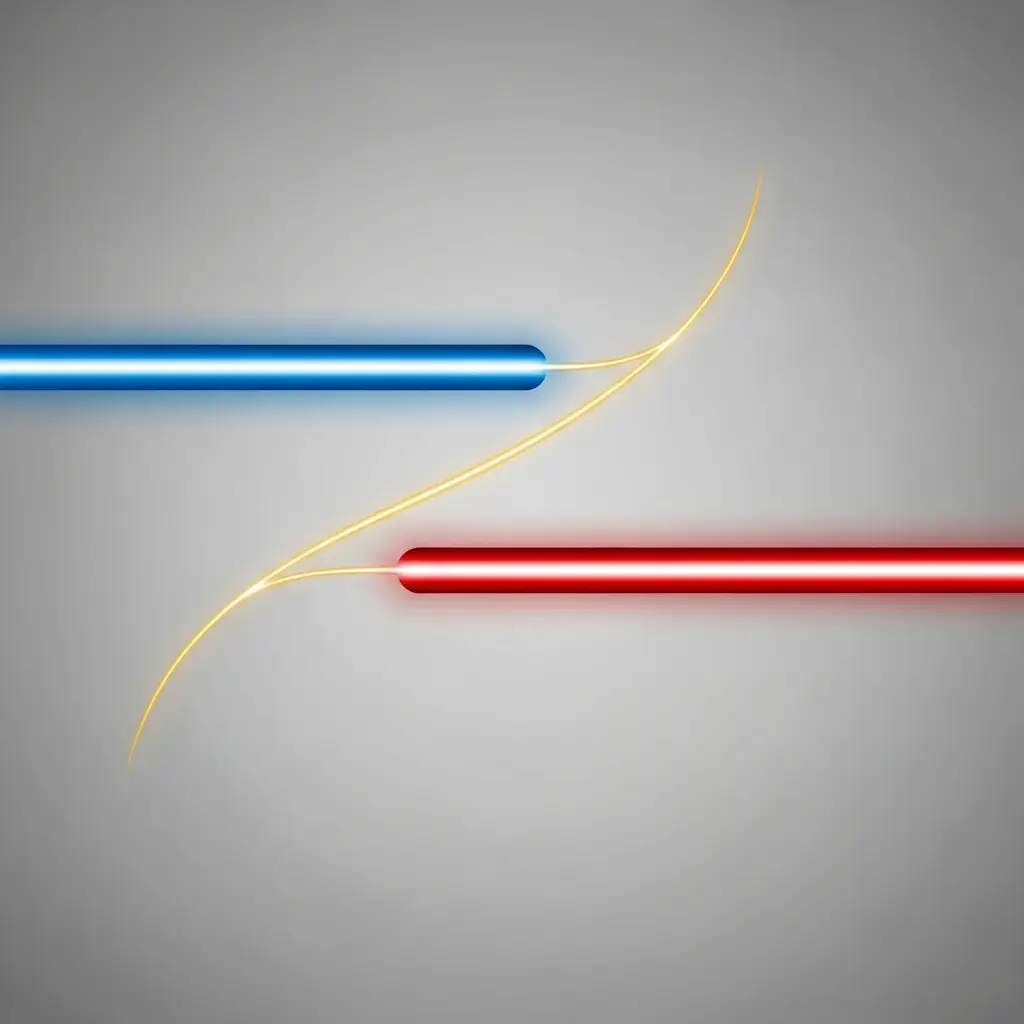
🔗 Affiliate Note: Some links on this page may be affiliate-based, allowing us to earn a small commission at no additional cost to you. Your support helps fuel this creative and healing mission—thank you!
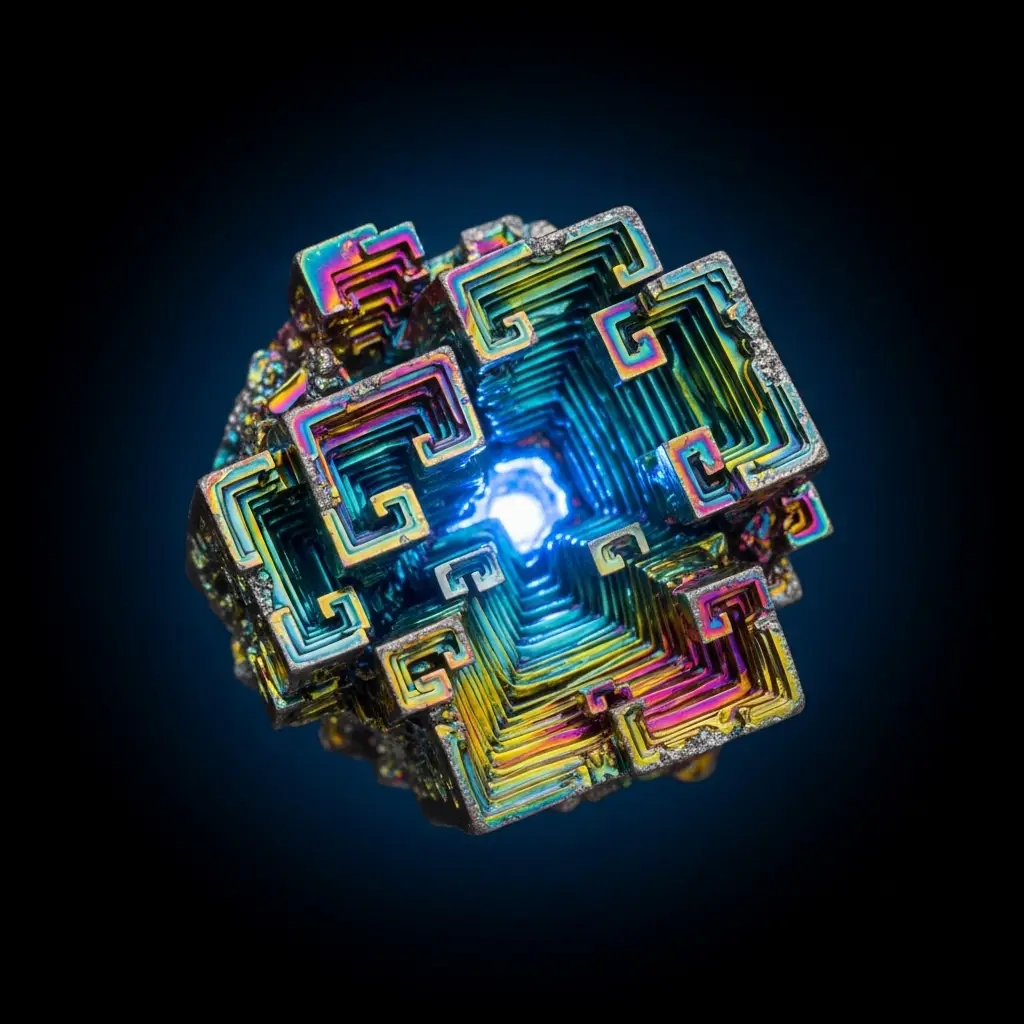
Copyright ©️IZALGO, LLC All Rights Reserved
